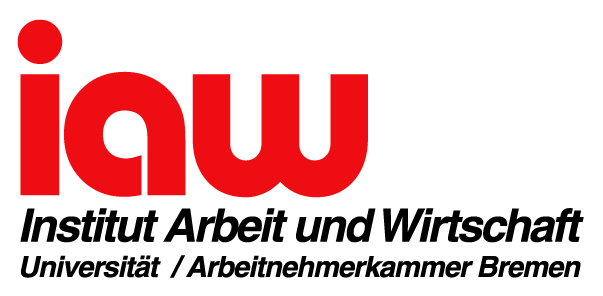Industrial Policies in Germany and Sweden: Taking the examples of the chemistry and pharmaceutical industries
The European economy is facing fierce and powerful competition from other world regions. Today’s globalisation means a shift in the world’s economic focus. Most of the growth in the world economy is in developing countries, which are consequently increasing both their offerings and their demand for knowledge and innovation. In 1980, Germany had 6.7 per cent of the world GDP; in 2014, it is 3.7 per cent. Countries like China, India and Indonesia are climbing rapidly up the global value chains, competing with expertise, excellent innovation environments, and low production costs. Between 1980 and 2014, China increased its share of global GDP from 2.2 per cent to 16 per cent (www.gfmag.com).
Both Germany and Sweden have long been viewed as countries in which the manufacturing industry is important for growth and wealth. The industry represents about 22 per cent of GDP in Germany and about 15 per cent in Sweden. The chemical and pharmaceutical sectors as parts of the overall manufacturing industry are not only important in size (employment, export) for the two countries; they also produce strategic products and are in the forefront for driving innovation.
Duration:01 January 2014 - 31 December 2015
Research Team:Dr. rer. pol. Jochen Tholen, Dipl.-Kaufmann,Dipl.-Soziologe (Head of project)
Thomas Malmer
Funding:Hans-Böckler-Stiftung
Coordination:IF Metal, Sweden
IG Bergbau, Chemie, Energie - Germany
The European economy is facing fierce and powerful competition from other world regions. Today’s globalisation means a shift in the world’s economic focus. Most of the growth in the world economy is in developing countries, which are consequently increasing both their offerings and their demand for knowledge and innovation. In 1980, Germany had 6.7 per cent of the world GDP; in 2014, it is 3.7 per cent. Countries like China, India and Indonesia are climbing rapidly up the global value chains, competing with expertise, excellent innovation environments, and low production costs. Between 1980 and 2014, China increased its share of global GDP from 2.2 per cent to 16 per cent (www.gfmag.com).
Both Germany and Sweden have long been viewed as countries in which the manufacturing industry is important for growth and wealth. The industry represents about 22 per cent of GDP in Germany and about 15 per cent in Sweden. The chemical and pharmaceutical sectors as parts of the overall manufacturing industry are not only important in size (employment, export) for the two countries; they also produce strategic products and are in the forefront for driving innovation.
Duration:01 January 2014 - 31 December 2015
Research Team:Dr. rer. pol. Jochen Tholen, Dipl.-Kaufmann,Dipl.-Soziologe (Head of project)
Thomas Malmer
Funding:Hans-Böckler-Stiftung
Coordination:IF Metal, Sweden
IG Bergbau, Chemie, Energie - Germany
Thomas Malmer, Jochen Tholen (2015): Industrial Policies in Germany and Sweden - The Example of the Chemical and Pharmaceutical Industries. A comparative Study, Hans-Boeckler-Foundation, Düsseldorf 2015, http://www.boeckle.de/pdf_fof/S-2015-813-1-1.pdf
The target of this study:
What measures have Germany and Sweden implemented in order to drive innovation and growth in the chemical and pharmaceutical industries when it comes to education and training, R&D, energy and other actions that can be of importance for the industry? The topics we compare in this study are the capability of attracting international investments, education and training support, how R&D and innovation are promoted, energy systems and industrial policy and its implications for the chemical and pharmaceutical sectors.
The main question has been how industrial policy can promote sustainable industrial renewal and innovation and what learnings can be drawn from Germany and Sweden. Of course the interdependencies between the industrial policies at the national level and the EU level will be considered as well.
The empirical basis of this study:
For this study, we conducted interviews on industrial policy with stakeholders from industry/employers’ associations, trade unions and policy, both on national (Sweden and Germany) and EU levels. Parallel to this, we organised broad desk research comprising not only studies listed in the libraries but many non-official papers as well.
Duration:01 January 2014 - 31 December 2015
Research Team:Dr. rer. pol. Jochen Tholen, Dipl.-Kaufmann,Dipl.-Soziologe (Head of project)
Thomas Malmer
Funding:Hans-Böckler-Stiftung
Project Type:Third-party funded project
Coordination:IF Metal, Sweden
IG Bergbau, Chemie, Energie - Germany




